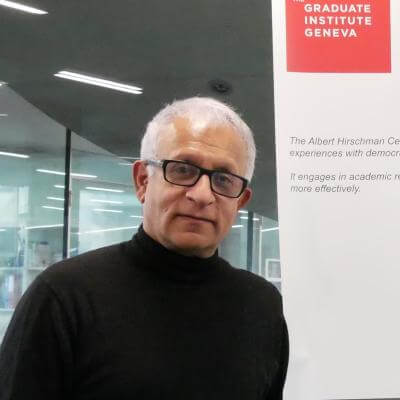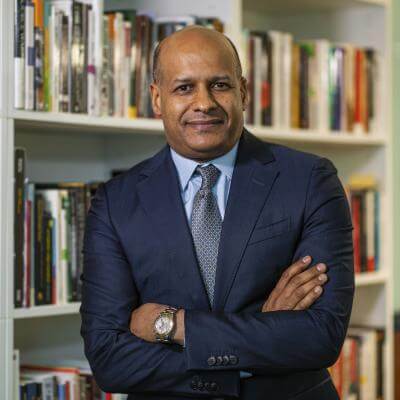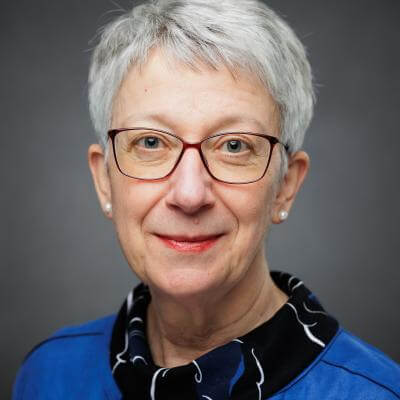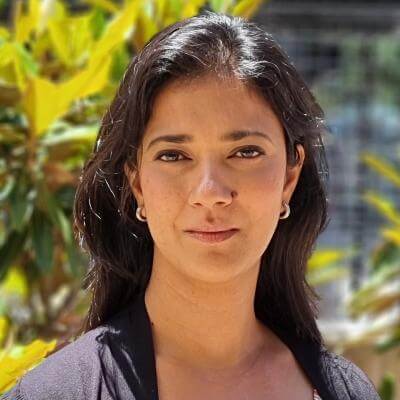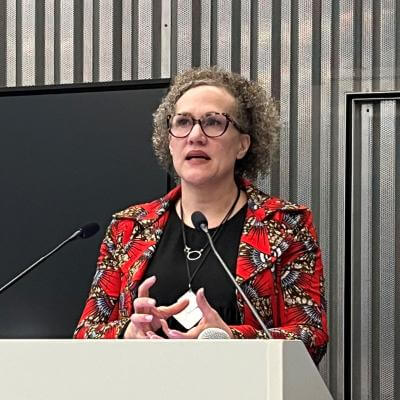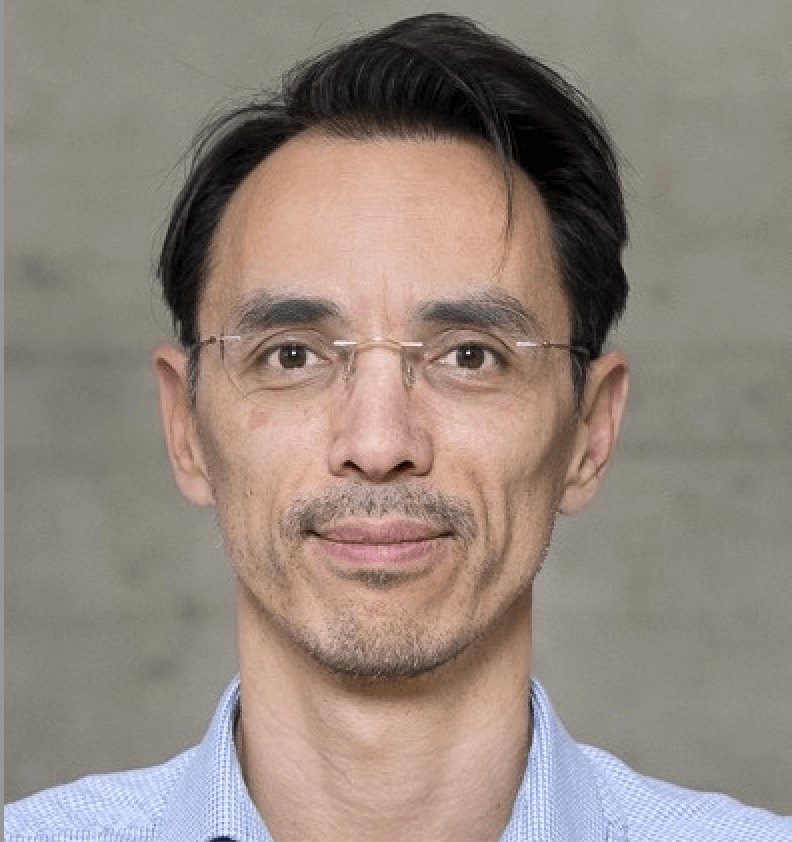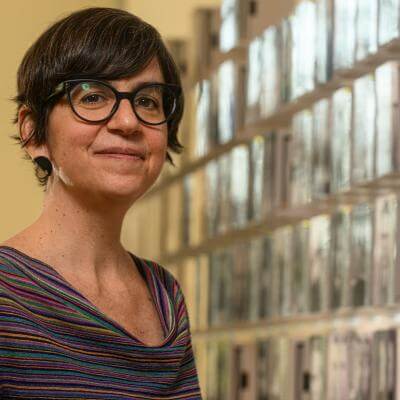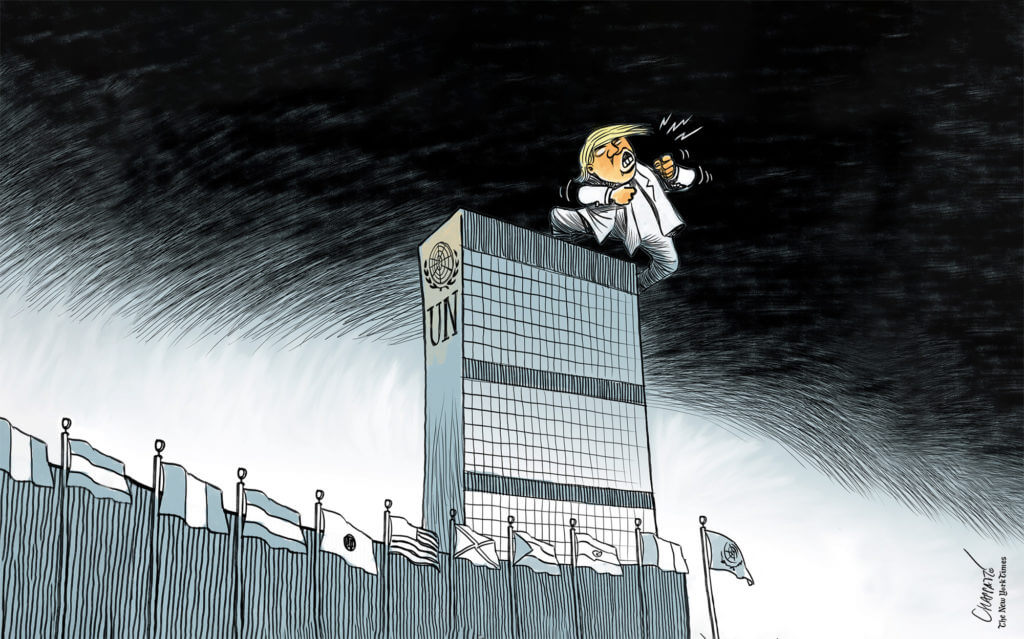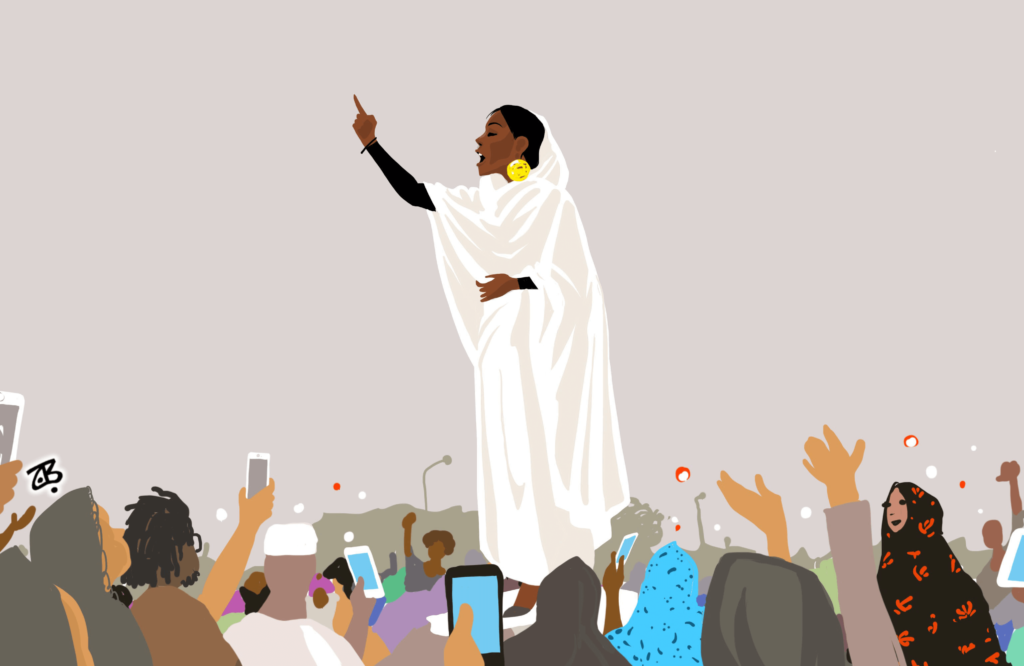The present Dossier takes stock of the current state of the multilateral system and its future prospects. It aims to explore to what extent global governance is in crisis as the global geopolitical order is undergoing fundamental shifts and liberal universalism is losing traction. It assesses potential of reform in extant institutions as well as emerging trends, tools and forums that are reshaping multilateral practice on a daily basis.
Note – The dossier was drafted before the Covid-19 world crisis.
© Chappatte, The Boston Globe www.chappatte.com
While poverty has been diminishing in absolute terms and relative income has been growing on a global scale for over two centuries, inequality – as measured by instruments such as the Gini coefficient – has been increasing steadily since the early 1980s. With the financial crisis of 2007, the growing digitalisation of the economy and the current pandemic, global inequality has further worsened, seeing the fortunes of the superrich attaining unprecedented levels and revenue concentrating in the top percentiles of societies.
Concurrently to the aggravation of the social fracture, additional fault lines have been opening or hardening along logics of race, gender, ethnicity and religion. Identarian revendications and logics of difference and exclusion have come to complement, compete with or supersede more traditional struggles for equality in a postmodern and neoliberal context that has normalised inequality, homogenised societies and done away with earlier grand narratives and collective agendas.
The consequences of inequality(ies) are dramatic, as reflected in the polarisation and fragmentation of societies, worsening health and mortality indicators, political tensions and violence, a decline in democracy, and mistrust in state institutions. The objective of the current issue of Global Challenges is therefore – by reverting to the analytical tools of social science – to reflect on the causes behind the multifaceted growth of inequality(ies), anticipate their noxious fallouts and explore potential remedies.
-
I

The Rise of Inequality and Its Contested Meanings
Reading time: 6 min -
1

Visible and Invisible Inequalities
Reading time: 5 min -
2

The Enduring Inequities of Racism
-
3

Inequality and Gender
Reading time: 5 min -
4

Education and the New Inequality Divides
Reading time: 5 min -
5

Income Inequality and Economic Growth: Known Unknowns
Reading time: 4 min -
6

“Hustlers versus Dynasty”: Kenya’s New Class Politics
Reading time: 5 min -
7

Understanding the Implications of Inequality for the Elites
-
8

How the Pandemic Deepens Health Inequities: The Case of the United States
Reading time: 5 min -
9

Inequality in Hunger and Malnutrition
Reading time: 5 min


